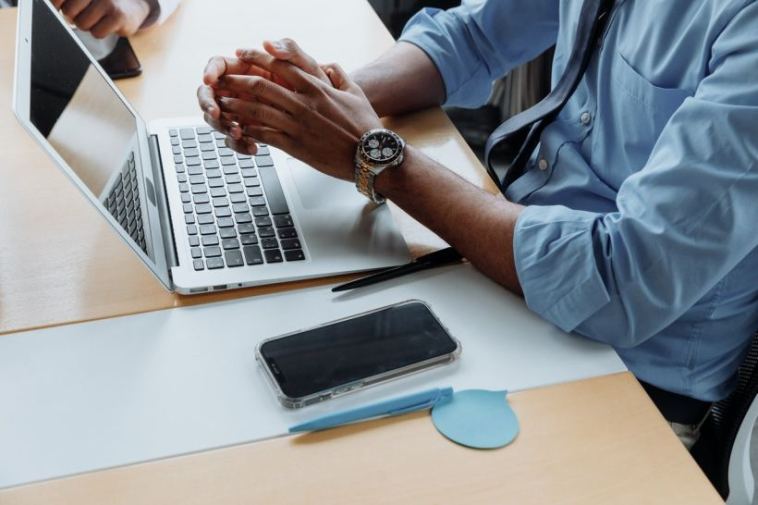- Like
- SHARE
- Digg
- Del
- Tumblr
- VKontakte
- Flattr
- Buffer
- Love This
- Save
- Odnoklassniki
- Meneame
- Blogger
- Amazon
- Yahoo Mail
- Gmail
- AOL
- Newsvine
- HackerNews
- Evernote
- MySpace
- Mail.ru
- Viadeo
- Line
- Comments
- Yummly
- SMS
- Viber
- Telegram
- JOIN
- Skype
- Facebook Messenger
- Kakao
- LiveJournal
- Yammer
- Edgar
- Fintel
- Mix
- Instapaper
- Copy Link
Professionals Want to Be Connected, Without Risk of a Privacy Breach
We’re fortunate to live in a world filled with dazzling technology that people couldn’t have dreamed of decades or even years ago. Smartphones are ubiquitous worldwide.
However, the same technology that helps us can also cause a lot of harm, as most mobile devices present major data liabilities.
Let’s check out what cell phone features professionals need to stay plugged in to daily life without the risk of losing their personal information.
1. Security-Focused Software
There’s a major difference between a phone supported by a few security features and a mobile solution engineered for security with end-to-end encryption in transit and at rest. The best encrypted cell phone on the market is designed for privacy to guard the safety of your data.
Sharing photos has become a common part of daily life, so look for a platform that has an encrypted camera. Why protect written content but not pictures, which can reveal private details through the metadata attached to a digital photograph, such as your GPS location.
2. Avoid Third-Party Apps
Sadly, popular smartphone apps present a significant data liability. Some apps are bigger threats than others, but even having one app on your phone opens risks that wouldn’t otherwise be there.
The permissions you grant to app developers mean you are giving away your personal information, which they don’t always store securely. Sometimes they collect and sell this data as a routine function of their business model.
It’s also impossible to track how your data is shared once you have accepted the permissions policy to use the app. The safest thing is to use a hardened device that deliberately excludes third-party apps.
3. Remote Wipes
People brush off the risk of being compromised by a data breach, imagining hackers intentionally target others. However, your phone could get into the wrong hands if it was lost or stolen, with your personal information being extracted and sold on the dark web.
The most secure phones have a remote wipe feature, so you can erase all your sensitive data from anywhere in the world, even if it’s no longer in your hands. You never lose control over your private information, even if you lose your phone.
4. Proprietary Server Storage
Most hackers know they can’t crack phone encryption, so they look elsewhere, poking and prodding for other ways to bypass security. One of the most common vulnerabilities they find is server storage.
The leading phone platforms use a proprietary approach to server storage without entrusting your data privacy to an outsourced third party. Be sure your encrypted phone service provider doesn’t store your unencrypted messages on their server.
A privacy-focused data center will only store the bare minimum of your personal information, such as the username and your account’s activation and expiry date. That way, your privacy can never be compromised.
The Bottom Line
Technology can cut both ways: phones are an essential tool in any modern business climate, but a data breach can be ruinous. Avoid the headaches, reputational damage, and all associated costs of a cybersecurity attack or leak by taking digital security seriously and getting a phone that has all the features described above.


